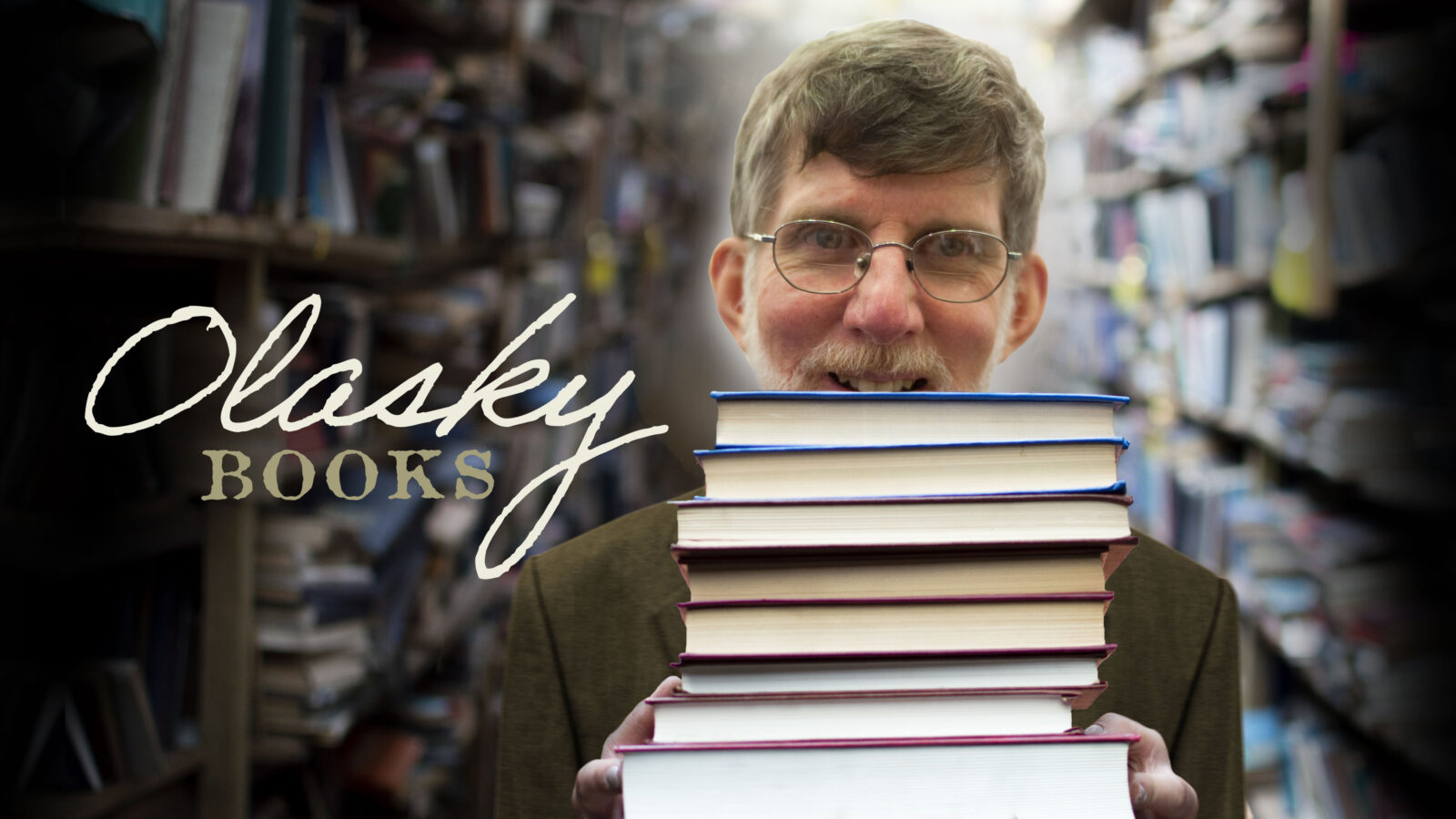Presidents and Aspirants
We’re one year away from what promises to be a tumultuous presidential election. You might prepare by reading any or all of these four books.
1. The Presidents: Noted Historians Rank America’s Best—and Worst—Chief Executives, by Brian Lamb and Susan Swain (Public Affairs, 2019), turns their C-SPAN interviews with historians into chapters on presidents in order from best to worst, according to C-SPAN polling: Lincoln and Washington on top, John Tyler in 39th place, James Buchanan at the bottom.
The assumption in such surveys is that the Civil War was inevitable and necessary, so Abraham Lincoln gets credit for gripping that and James Buchanan gets demerits for griping and not taking action. Journalist/historian Robert Straus points out that “Washington, Lincoln, and FDR are always at the top of the surveys that historians take—they were decisive men. You can’t come to the top of the ladder and not be decisive. Buchanan was a waffler.”
The four C-SPAN polls of presidential historians, taken in 2000, 2009, 2017, and 2021, and available online at www.c-span.org/presidentsurvey2021/?page=overall, are useful because they include rankings in ten categories ranging from “moral authority” to “economic management,” with one “performance within context of times.” Jimmy Carter, for instance, is 26th overall but 5th in “Pursued equal justice for all.” Movement in the standings over the years is also interesting. The biggest drop was Andrew Jackson, falling from 13th to 22nd, and the biggest rise Ulysses S. Grant, from 33rd to 20th—both due to their records on racial relations.
2. Presidential Courage by Michael Beschloss (Simon & Schuster, 2007), is entertaining and sometimes inspiring. Beschloss does not go deep but is a good story-teller concerning Washington, Adams, Jackson, Lincoln, the Roosevelts, Truman, Kennedy, and Reagan. Stories of FDR’s attitudes toward Kennedy’s dad Joe, Kennedy’s relations with civil rights leaders, and Reagan’s growing respect for Mikhail Gorbachev make history come alive.
3. Mark Leibovich’s Thank You for Your Servitude (Penguin Press, 2022) documents the absence of courage. Leibovitz asked Senator Lindsey Graham “how he could swing from being one of Trump’s most merciless critics in 2016 to such a sycophant thereafter.” Graham responded that he wanted “to be relevant.” Leibovitz’s work is sadly amusing. He writes about former Trump chief of staff Reince Priebus praising his boss “for raising topics that ‘no one else was willing to talk about.’ This was undoubtedly true: on this same day Trump—at a rally in Anaheim—observed that ‘Mitt Romney walks like a penguin.’”
4. Ivan Eland’s Recarving Rushmore (Independent Institute, second edition 2014) is fun to read because he turns all the usual ratings upside down: The image of John Tyler, Eland’s best president ever because he rarely took action, should be chiseled onto Grays Peak in Colorado alongside Grover Cleveland, Martin Van Buren, and Rutherford B. Hayes, “in tribute to their lack of flair.”
Libertarian Eland puts Abraham Lincoln and almost half of all presidents in the “bad” category, but he’s right to place Woodrow Wilson last. The world would have been better off had the United States not entered the Great War, which could have ended with all sides exhausted. When France and England were able to place all the blame on Germany and cripple it with debt, Hitler had ammunition and we had to call the 1914-1918 conflict World War I.
Worth mentioning: Tom Holland’s Pax: War and Peace in Rome’s Golden Age (Basic, 2023) enjoyably reminds us that a “golden age” had nutty leaders and tarnished politicians. Meir Soloveichik’s Providence and Power (Encounter, 2023) has ten well-written chapter biographies of Jewish statesmen including King David, Benjamin Disraeli, and Louis Brandeis. Ben Stein’s The Peacemaker (Humanix, 2023) is a glowing portrayal of Richard Nixon that seems barely credible, but Stein is a delightful writer.
George Marsden’s The Infinite Fountain of Light: Jonathan Edwards for the Twenty-first Century (IVP, 2023), describes “the dominant scientific view of the past 150 years [that] we have an essentially dead universe in which living things sometimes happen to pop up.” Marsden summarizes Edwards’s “alternative sensibility…. Creation is not just something that happened long ago but is also an ongoing process…. The most essential underlying dimension of reality is God’s love,” so the universe is “first of all a personal expression that happens to include things that have physical dimensions.”
